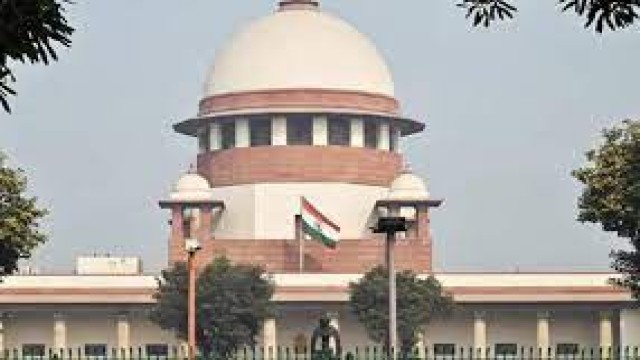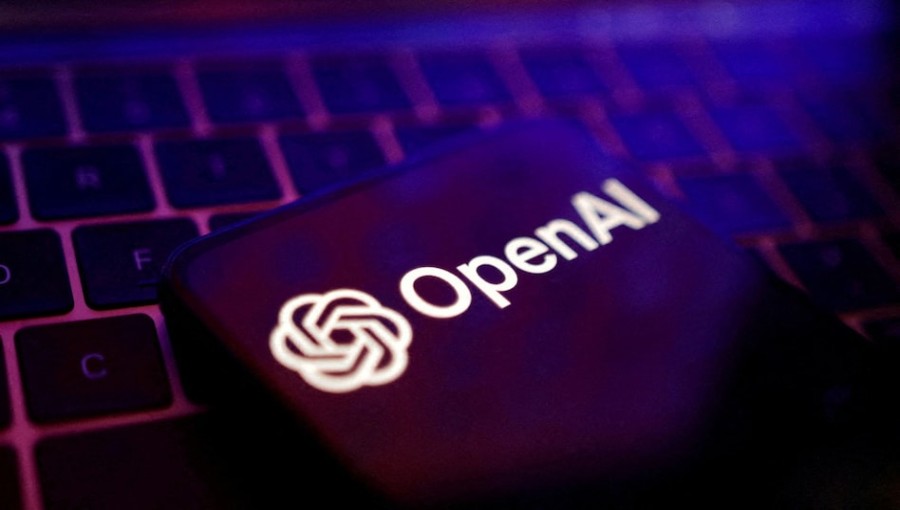On Thursday, India's highest court overturned a contentious election financing scheme that permitted people and businesses to give unlimited sums of money to political parties without having to reveal the identity of the donor. The scheme has long been criticized for being undemocratic and favoring the ruling party of Prime Minister Narendra Modi.
"Electoral bonds" are illegal and restrict citizens' freedom to access information kept by the government, according to a five-judge Supreme Court constitution bench decision. The State Bank of India, a government-owned bank, was directed to cease issuing these bonds and furnish the Election Commission of India with information on donations received via them.
The Bharatiya Janata Party, led by Modi, instituted the electoral bond plan in 2017. Prior to that, Indian political parties were required to reveal the identity of every contributor contributing more than 20,000 rupees, or around $240. However, they were able to disclose the amount of money they got through the bonds—but not the name of the funders—thanks to the newest tool for political funding.
There were ten million rupees ($120,000) to 1,000 rupees ($12) in denominations available for these bonds.They claim that the government may easily reach and influence contributors since the state-owned bank maintains a record of donors and receivers.
Only a few months before a national election, the Supreme Court's decision is perceived as a blow to Modi's ruling party, which has benefited most from the system.
Election monitor Association for Democratic Reforms reports that through these bonds, anonymous contributors have donated political parties over $1.9 billion between 2018 and 2023. It stated that around 57% of these donations were made to Modi's BJP between 2018 and March 2022. By contrast, the Congress party in opposition has only secured 10% of the vote.
Modi's party claims that by doing away with cash, the bonds have transformed political financing; nevertheless, detractors claim that because the donations are anonymous, the system is opaque.
These bonds were only available to registered political parties that had garnered at least 1% of the vote in a prior state assembly or parliament election.
End//voice7news.tv

























Comment: